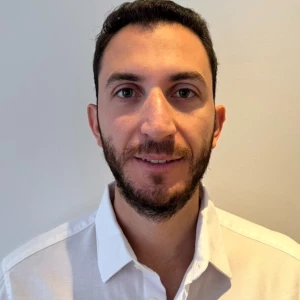I know standard frameworks should not be used on their own when solving cases and that each case is different in terms of what framework best fits it. I also know it is good to have some frameworks at the back of your mind to use when opening and structuring the case.
In that sense, all the people around me recommended one or more of the following three frameworks:
- Victor Cheng's Frameworks
- Marc Cosentino's Ivy System
- PrepLounge's BootCamp's Frameworks
What are the most recommended frameworks to use? (either from the previous 3 I indicated or out of them)











